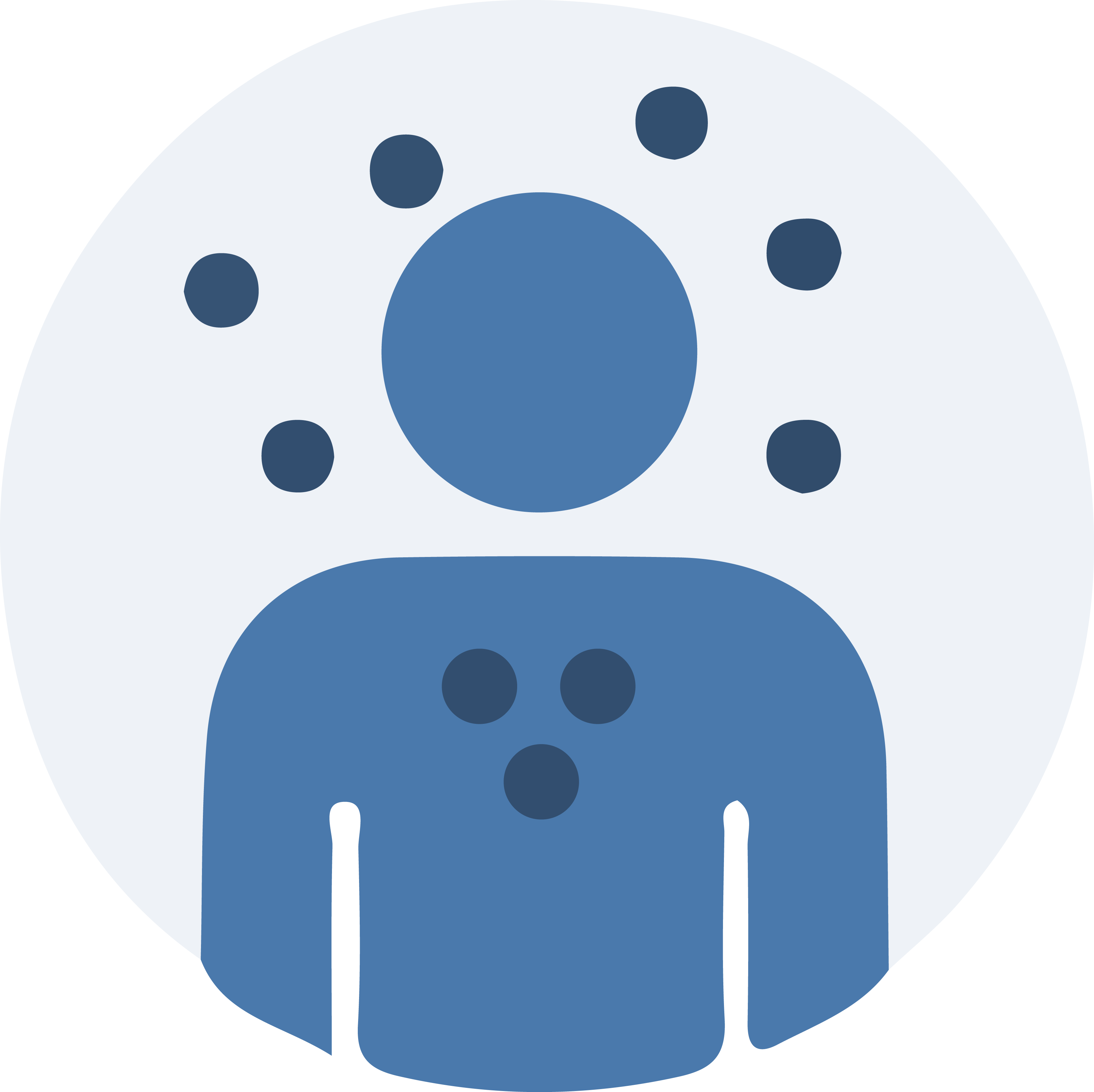$40.00
A locus of control orientation is a belief about whether the outcomes of our actions are contingent on what we do (internal control orientation) or on events outside our personal control (external control orientation).
Description
The Locus of Control is a concept in psychology originally developed in the 1950s. The two ‘loci’, as established by the theory, are the internal and external loci. The Locus of Control represents how a person’s decision making ability is influenced; essentially, those who make choices primarily on their own are considered to have internal loci, while those who make decisions based more on what others desire are said to have external loci.
People with external loci are generally more apt to be stressed and suffer from depression as they are more aware of work situations and life strains. Women tend to have more of an external locus than men.
A more internal locus of control is generally seen as desirable. Having an internal locus of control can also be referred to as “personal control”, “self-determination” etc. Males tend to be more internal than females.
Julian Rotter’s original (1966) locus of control formulation classified generalized beliefs concerning who or what influences things along a bipolar dimension from internal to external control: “Internal control” is the term used to describe the belief that control of future outcomes resides primarily in oneself while “external control” refers to the expectancy that control is outside of oneself, either in the hands of powerful other people or due to fate/chance.














